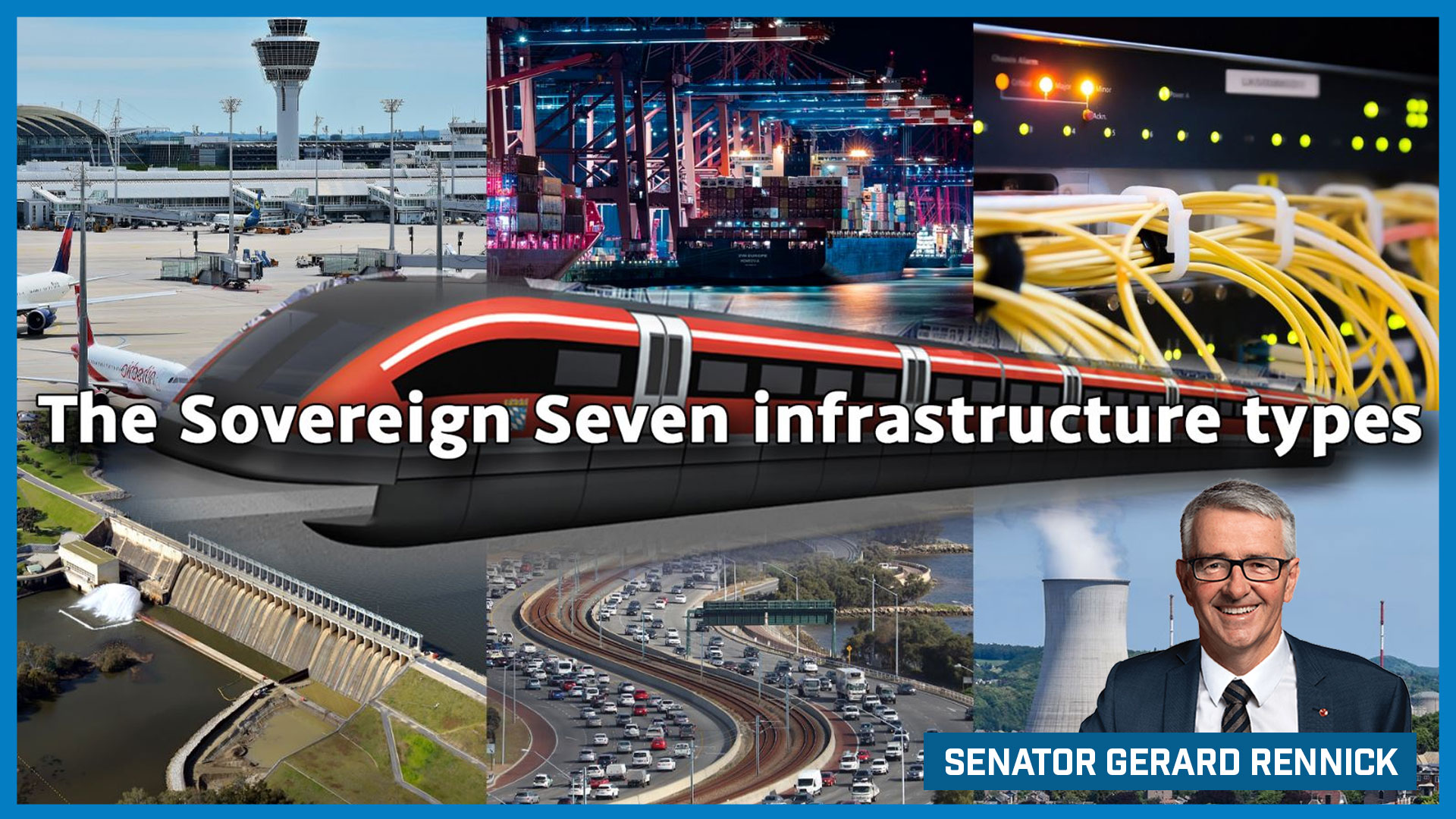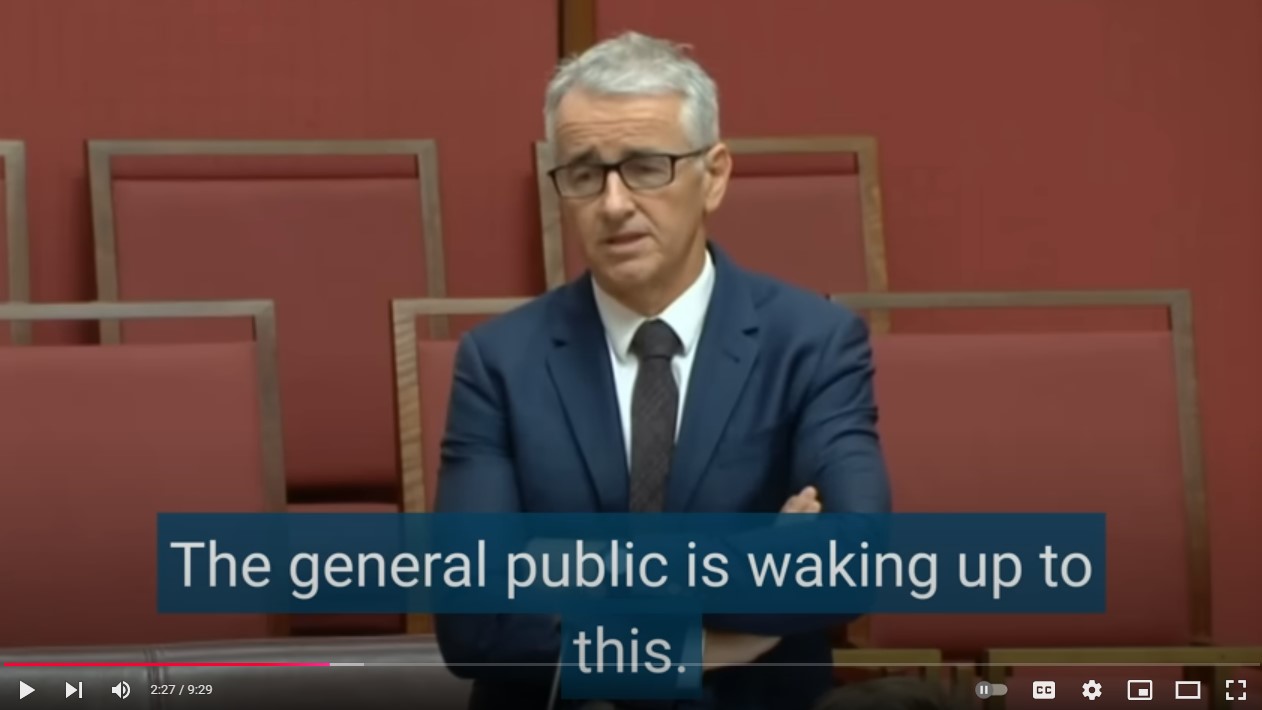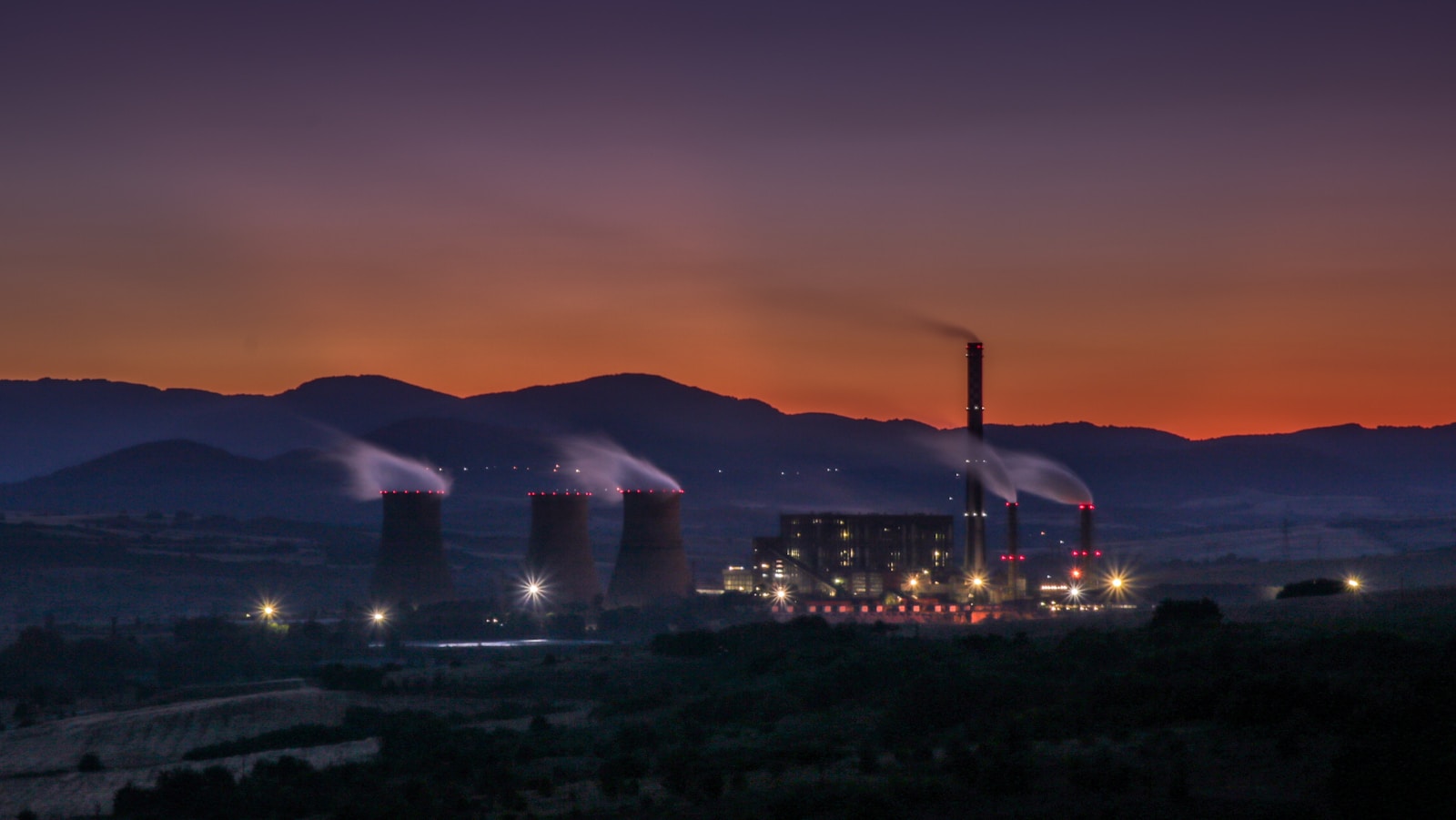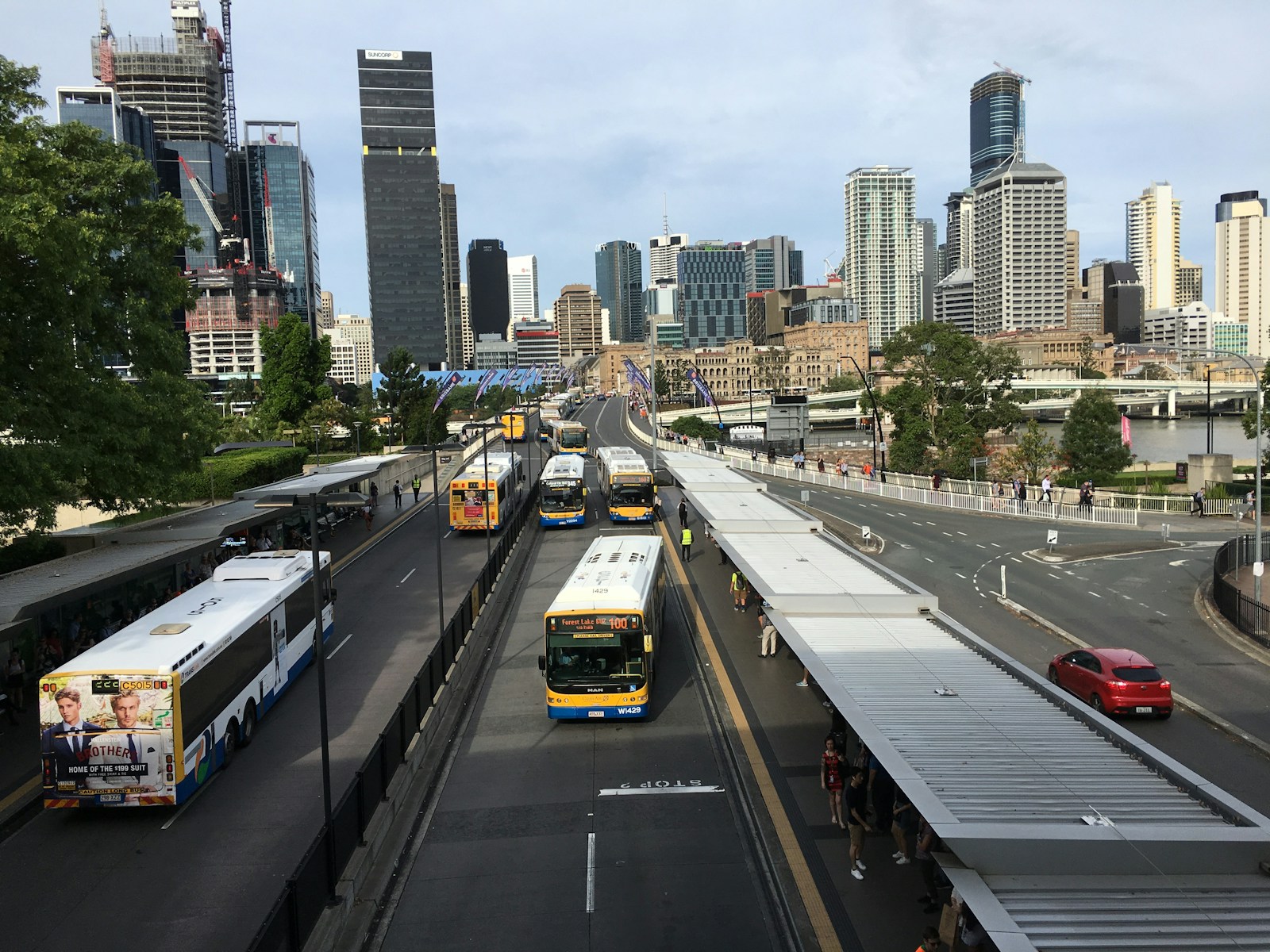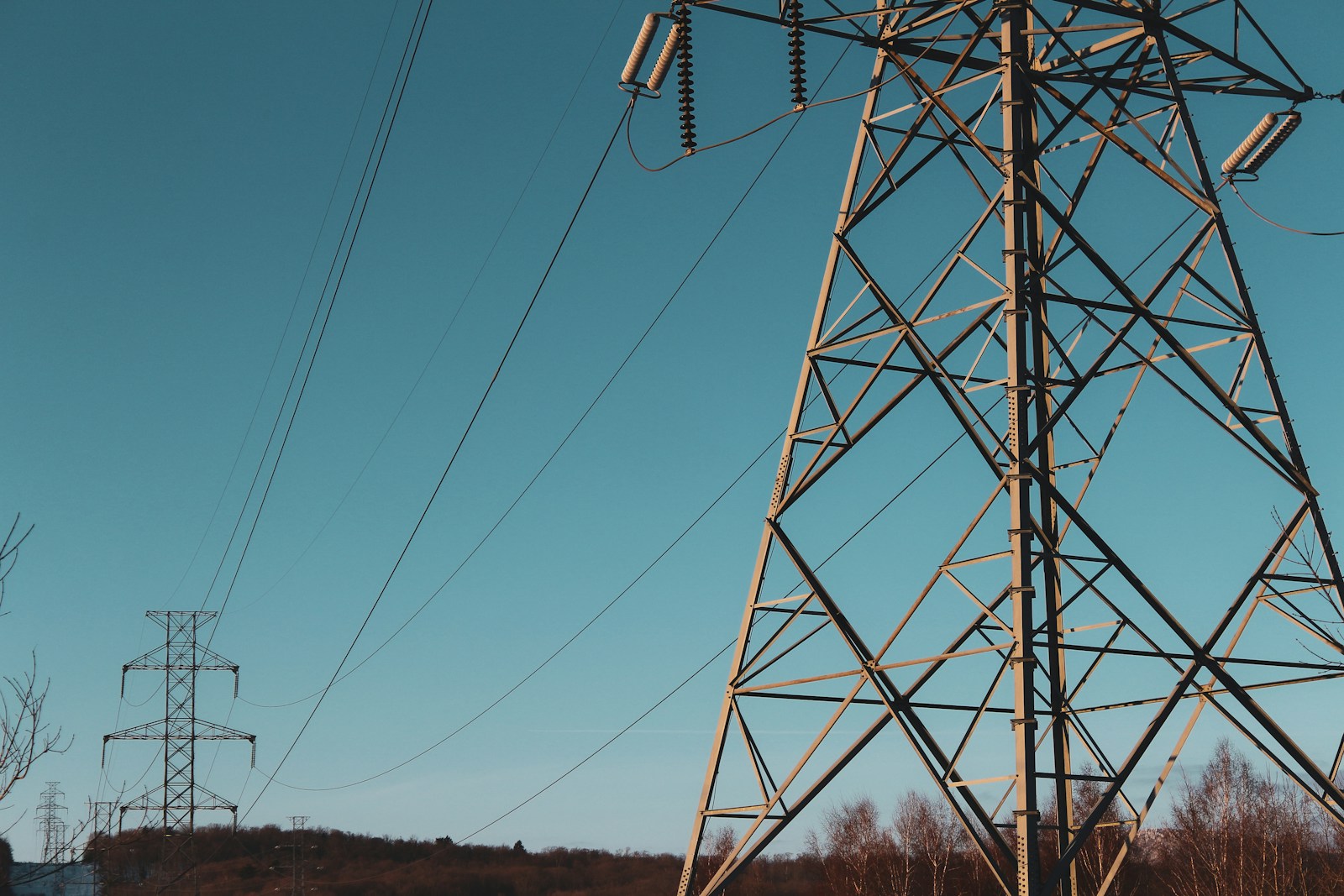The debate around monetary policy in this country is hopeless.
The two major parties are arguing over how many boards should the RBA have, when they should be asking why unelected officials are changing the price of paper, instead of directing credit into infrastructure projects that might actually do something about the lack of supply in Australia.
Over the last two weeks I’ve tried to get inquiries up into removing inefficient bureaucrats and building infrastructure yet the two major parties aren’t interested. I will repeat they aren’t interested in real reform.
As I write this the Federal Reserve has just dropped interest rates by a half a percent two months out from an election. There was no need to cut by this much so quickly, 25 basis points maybe but not 50.
It’s just more proof that central banks, especially the Federal Reserve aren’t independent. Western economies are going to follow Japan into a zero interest rate world where the government ends up being propped up by unsecured money printing.
Changing the price of money whilst doing nothing about building infrastructure, is all about control. It does nothing to serve the people.
Senate on 12/08/2024
QUESTIONS WITHOUT NOTICE: TAKE NOTE OF ANSWERS
Cost of Living
Senator RENNICK (Queensland) (15:26): I move:
That the Senate take note of the answer given by the Minister for the Public Service, Minister for Finance, Minister for Women, Manager of Government Business in the Senate and Vice-President of the Executive Council (Senator Gallagher) to a question without notice asked by Senators Walsh and Green today relating to cost-of-living relief.
I rise today to speak about the cost-of-living crisis and in particular inflation. I sit here and listen to the debate in the chamber and it is actually quite pathetic, because, let me tell you, no-one in this chamber, on either side, has any idea of how to deal with monetary policy. For too long, we’ve relied on just the RBA to think that they can manipulate the price of money on the first Tuesday of every month and that somehow that is going to solve our nation’s problems.
We have a productivity crisis in this country because we have forgotten how to build. We have forgotten how to get out of bed in the morning, put our noses to the grindstone and do the jobs that add real value. This has been brought about by decades of reckless management and ideology. I want to, in particular, touch on the financial deregulation that occurred in the 1980s, where, basically, all the restrictions on the way financial transactions could occur were lifted. Over the weekend, I was talking to my father, who was listening to the Country Hour last week. He was talking about the cotton industry and how the physical market in the cotton industry is worth about $42 billion. The derivative market is worth about $300 billion.
When capital controls and financial controls were lifted in the 1980s, it meant that derivatives were no longer required to be hedged. When derivatives aren’t required to be hedged, it means you can basically issue unhedged derivatives. Normally a cotton grower might decide to sell 20 per cent of his crop to ensure that he can recoup his costs in advance. He can receive that money in advance to help pay for part of his costs. What you now get, in any market—it doesn’t matter whether it’s primary production, metals, gold or bonds or whatever—is an exorbitant number of derivatives. That takes the power of pricing away from the producers and moves it to the white-collar paper shufflers. Things like this—and we saw it complemented with the deregulation of the banking system—let them do whatever they like.
I get blowback when I say that I want a public bank again in this country. They go, ‘Oh, no. You can’t do that, because the State Bank of Victoria went broke.’ It went broke because it was allowed to buy Tricontinental—which was an investment bank—at the height of the 1987 stock market, that sent that bank broke. If the Hawke-Keating government had never introduced those stupid neoliberal policies of the 1980s and the Button plan, we’d still have people in jobs, doing trades and creating real value-add products. That’s what we need to get back to.
Question agreed to.







